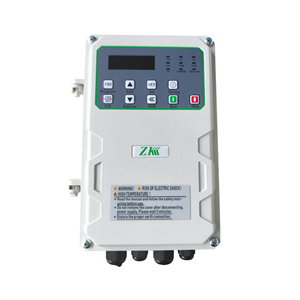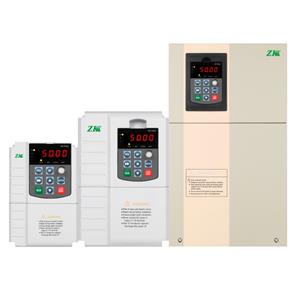Livestock Watering with Solar Solutions
Livestock Watering with Solar Solutions
ZK solar water pump inverters are high-efficiency solar water pump controllers which can make full use of solar energy to drive water pumps for livestock watering, agricultural irrigation, water supply system, fountains, groundwater lowering, solar aerator and etc.
Challenge
Many ranches are located in remote and arid areas, where water resources are scarce and difficult to obtain. Traditional water sources, such as rivers, lakes, and wells, may be far from the ranch, requiring long-distance transportation or expensive infrastructure.

High Cost of Water Supply:
Using diesel or electrically powered pumps to extract groundwater or transport water sources incurs high operating costs.
Fuel costs and electricity fees are a heavy burden for many small-scale farms.
Unstable Water Supply:
Unstable power supply or unreliable diesel supply chains often lead to interruptions in the water supply system.
During dry seasons or other extreme weather conditions, water supply issues are particularly severe.
Environmental Impact:
Traditional diesel pumps produce greenhouse gases and other pollutants, impacting the environment.
Over-extraction of groundwater may lead to water resource depletion and ecosystem damage.
High Labor Intensity:
Manual water resource management and transportation increase labor intensity and operating costs.
Especially in large ranches, maintaining and managing the water supply system requires a lot of manpower.
Animal Health Issues:
Unstable or insufficient water resources affect animal health and productivity.
Insufficient drinking water can cause animal stress, reducing growth rates and milk production.
Solutions
Using a solar pump can effectively address these challenges by providing a more stable, sustainable, and economical water supply. Solar powered livestock water pump systems can draw water for livestock in areas without electricity. By encouraging animals to stay away from ponds and streams, these systems give livestock more opportunities to access feed. They also reduce the pressure on riverbanks from livestock, preventing nutrient loading, vegetation destruction, erosion, and pollution.
Doing Business
ZK provides expert advice and application design for solar water pumping systems, assisting OEMs, system integrators, and industrial users. Our customized solutions for both hardware and software ensure seamless integration and offer a range of features to optimize overall system performance.

As a leading supplier of solar water pump drives for livestock watering, ZK has shipped 280,000 solar pump inverter units globally since 2017. From 2021 to 2023 alone, these products have generated 814.44 million kWh of electricity, reducing carbon dioxide emissions by 810,000 tons. This achievement underscores our commitment to global energy conservation and emission reduction.
ZK remains dedicated to contributing positively to the creation of a beautiful global environment.




